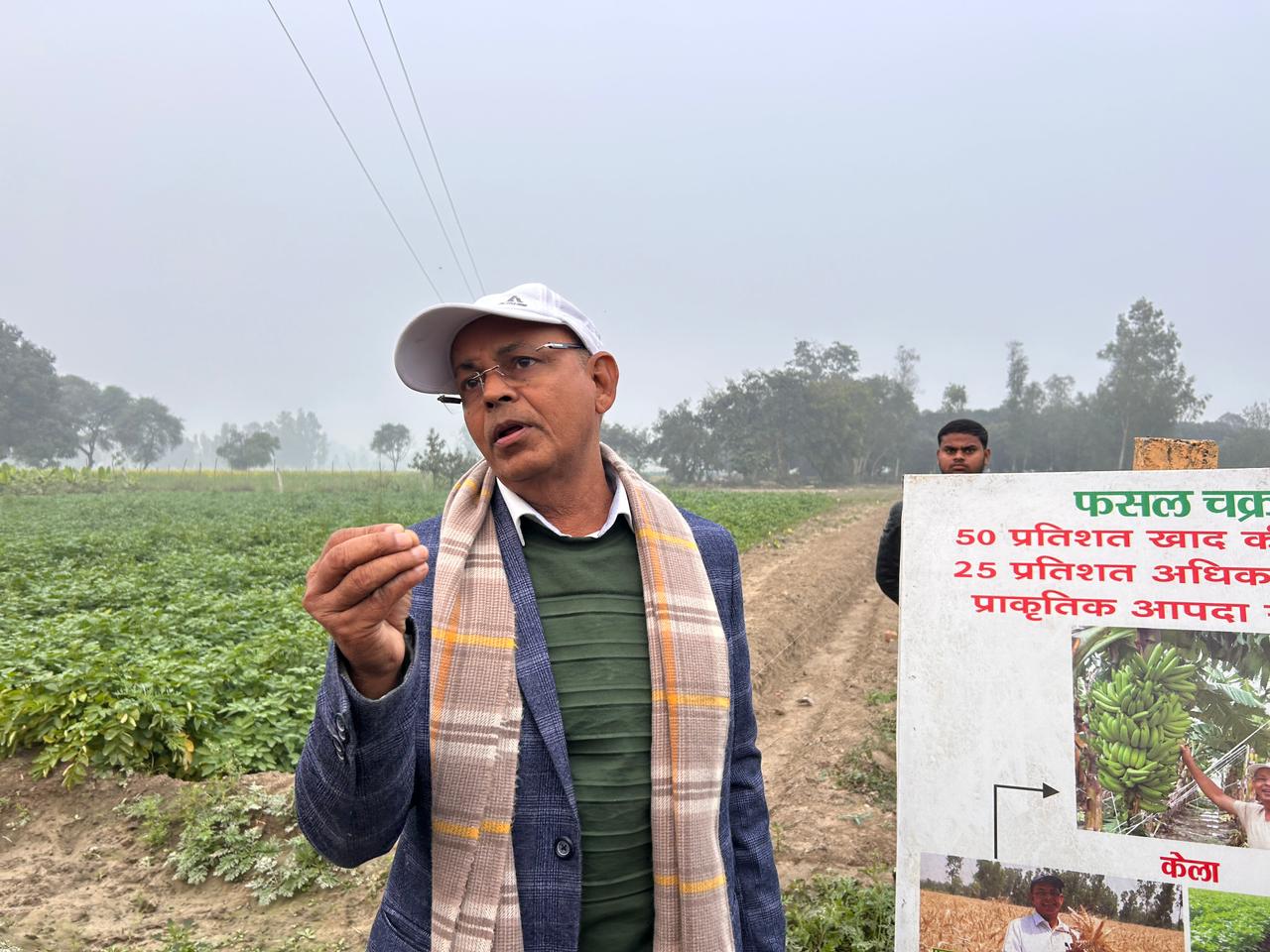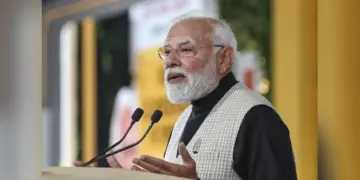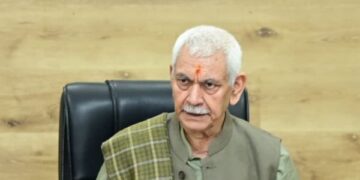‘Have learned from the plants, crops’: Ramsharan Verma
Barabanki: The secret to success lies in diversification and farmers must not shy away from innovative approachs
Padma Shri awardee and progressive farmer, Ramsharan Verma told media persons of Jammu and Kashmir who are here on a ‘Viksit Bharat Sankalp Yatra’ visit to take stock of the ground scenarios with regards to the developmental schemes and their awareness among the masses.
Ram Saran Verma (born 1968) is recognized for introducing advanced and more profitable farming techniques to small Indian farmers and rural villages in Utter Pradesh receiving numerous Indian farming awards for his work. His farming techniques have been studied and replicated across his state. In 2019, he was honored India’s fourth highest civilian award, the Padma Shri.
Responding to a question about his take on Kashmiri farmers, he emphasized diversification and the cultivation of cold-season crops. “The one things that I would advise kashmir farmers is to diversify. Same land can be used for different crops in accordance with the weather patterns and climatic conditions,” he said adding that farmers can make the most profit this way.
Verma has successfully introduced several varieties of different crops and has made an amalgam of farmers who are working under his guidance and earning huge profits compared to what they had been earning by the traditional methods.
A great propounder of innovation and diversification, he laid stress on modern farming techniques, urging farmers to reconsider traditional practices, such as making drains after sowing potatoes, to optimize potato cultivation.
Perhaps what is most striking about his model is that most of his crops are nearly organic which adds to his success story and has inspired thousands of farmers to pursue the same goal.
Pertinent to mention that Verma dropped out of school in 8th grade and inherited 6 acres of farmland from his father. After several learning trips to other states including Gujarat and Maharashtra, he introduced banana cultivation to his fields, which traditionally grew wheat, rice, sugarcane and mustard, and was one of the first farmers to introduce tissue culture farming in the state of Uttar Pradesh.







